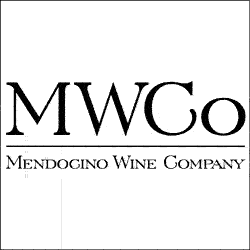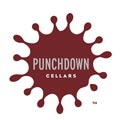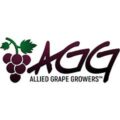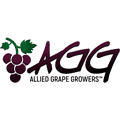Mendocino County’s wine industry is experiencing shifts in consumer drinking habits influenced by the Covid-19 pandemic. A recent study highlights significant changes, driven by health and wellness concerns. Younger generations, particularly Gen Z and Millennials, are favoring non-alcoholic options, while older consumers maintain a preference for wine, valuing its sophistication and quality.
For Mendocino winegrowers, adapting to these trends is essential. The study indicates that most consumers prefer wines priced at $25 or under, with taste, food compatibility, and price being the top decision factors. To appeal to health-conscious younger consumers, wineries should emphasize transparency about production methods, sustainable practices, and the health benefits of moderate wine consumption. This demographic values authenticity and is drawn to brands that align with their values.
Older consumers, on the other hand, appreciate the craftsmanship and tradition associated with wine. Highlighting the unique characteristics of Mendocino wines, such as their organic cultivation and artisanal production methods, can resonate well with this group. Storytelling about the vineyard’s history and the winemaking process can create a deeper connection with these consumers.
The study also underscores the importance of social media in reaching younger audiences. Platforms like Instagram and TikTok offer opportunities for wineries to engage with consumers through visually appealing content. Virtual tastings, behind-the-scenes vineyard tours, and interactive sessions with winemakers are effective ways to foster engagement and build brand loyalty.
Another significant finding is the growing preference for direct-to-consumer (DTC) sales channels. The pandemic accelerated the adoption of online wine purchases, and this trend is likely to continue. Mendocino wineries can capitalize on this by enhancing their online presence and offering seamless shopping experiences. Subscription services, personalized recommendations, and exclusive online offerings can attract and retain customers.
In conclusion, Mendocino County wineries must adapt to the changing landscape by focusing on the preferences of different consumer segments. By emphasizing affordability, taste, and sustainable practices, and leveraging digital platforms for marketing and sales, wineries can navigate the post-pandemic market effectively.
For more details on the study, visit Wine Industry Advisor.



































